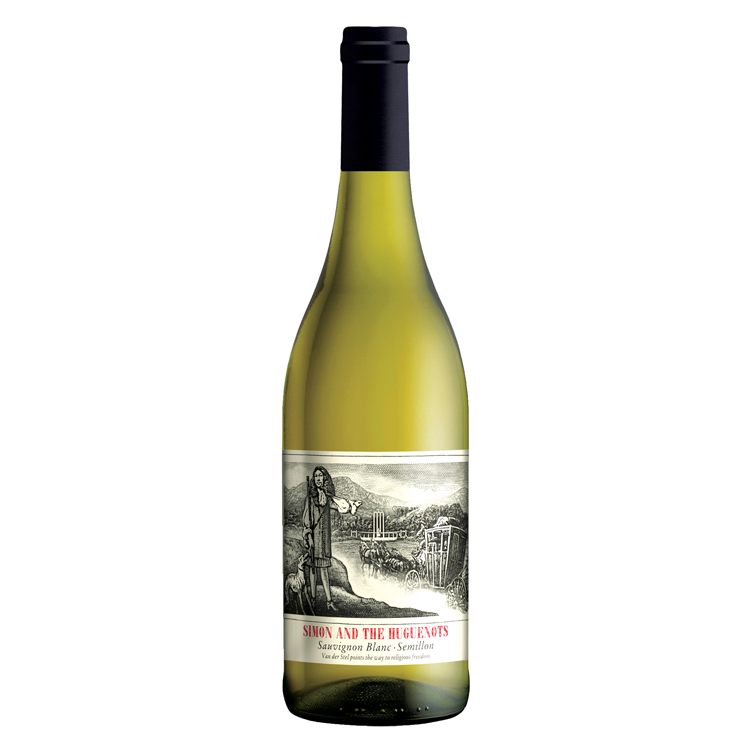Origin: Stellenbosch, South Africa
Grapes: Sauvignon Blanc, Semillon
Tasting Notes: Citrus, lime, fresh lemon with gooseberry and passion-fruit character with grassy notes from the Sauvignon. Very refreshing pear, melon and tropical fruit flavours.
ABV: 13.0%
Vintage: 2021
Ageing potential:
Attributes: Vegan, o
Closure: Screwcap
Farming: The vineyards have not sprayed insecticides for the past 13 years
Sustainability info: There is a strong focus on water conservation, recycling and a greening project, which entails the planting of 1000’s of indigenous trees on the farm. The vinery runs several social upliftment initiatives off the farm, including the Pebbles Project teaching children the benefits of environmental awareness.
Winemaker:
Winery link
Food pairing suggestions:

